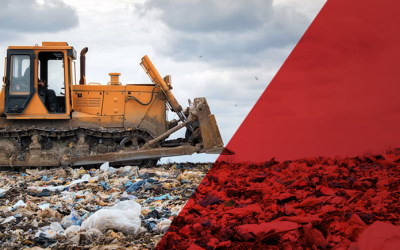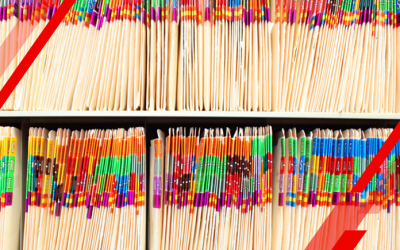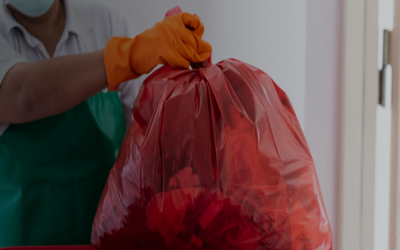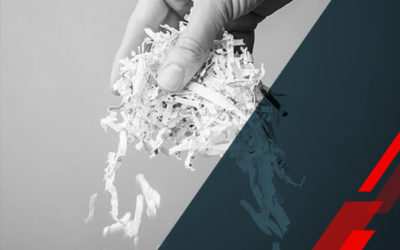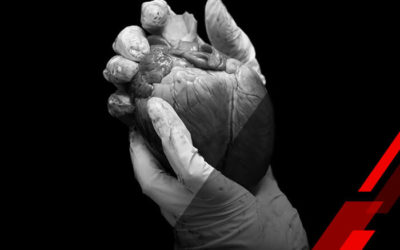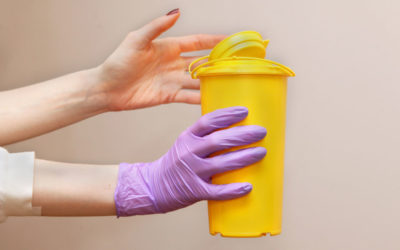Is your Georgia medical facility doing all it can to practice sharps safety? Learn how a full-service waste disposal vendor can help improve compliance.
Service Request
Have waste that requires compliant handling or disposal? Fill out our service form and an MCF Environmental Representative will get back to you quickly with next steps!
Please note we do not provide disposal services for household waste








